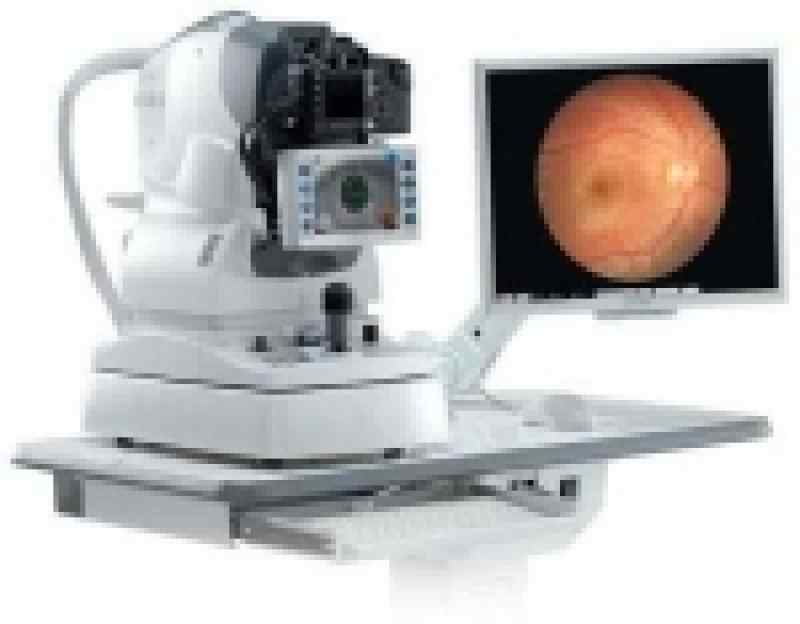Submitted by administrator on
When you think of heart conditions, such as the onset of a heart attack, it's not usually common place to firstly be thinking of contacting an optician over a GP or surgeon, and then secondly checking your heart's health by having someone look into your eyes. However, cardio retinometry is a relatively new science, or suggested form of diagnosis for such an instance. In fact, such thoughts have only been present since the turn of the century.
Just as you are able to detect the presence of a pulse by applying pressure to the wrist and neck, the theory that you may be able to recognise heart conditions and impending issues by other means than simply studying the organ itself, is not a new way of thinking. Responsible for the pumping of blood around the human body, the heart connects to our entire system via veins and arteries and it is via these vessels that cardio retinometry was born. Unfortunately, simply photographing a patients arm or leg with a camera will not give an indication as to potential problems, however, the use of a fundus camera, a standard tool in an optometrists arsenal, is able, and unobtrusively so, to photograph or analyse these vessels through the eye and onto the retina.
The science focuses on the study of the images that can be taken in this way via a fundus camera and how differences occur over periods of time to the blood vessels, in particular their thickening, as well as the build up of cholesterol particles and their subsequent disappearance. Forms of heart related conditions and strokes occur when blockages are caused to vessels, affecting blood flow around the human body, stopping them from working efficiently, as well as the heart itself. These images are believed to diagnose or show the early onset of such issues before the patients condition worsens. As the lowering of cholesterol can be treated by drugs, fitness and healthy eating, this would be seen as a preventative measure to heart failure as opposed to an issue of repair when the more serious symptoms become apparent. As an alternative to surgery, this pre emptive form of treatment, if proved possible, would offer a cost effective way of treating heart conditions before they happen and most importantly, effective in prolonging life as well as it's quality.

